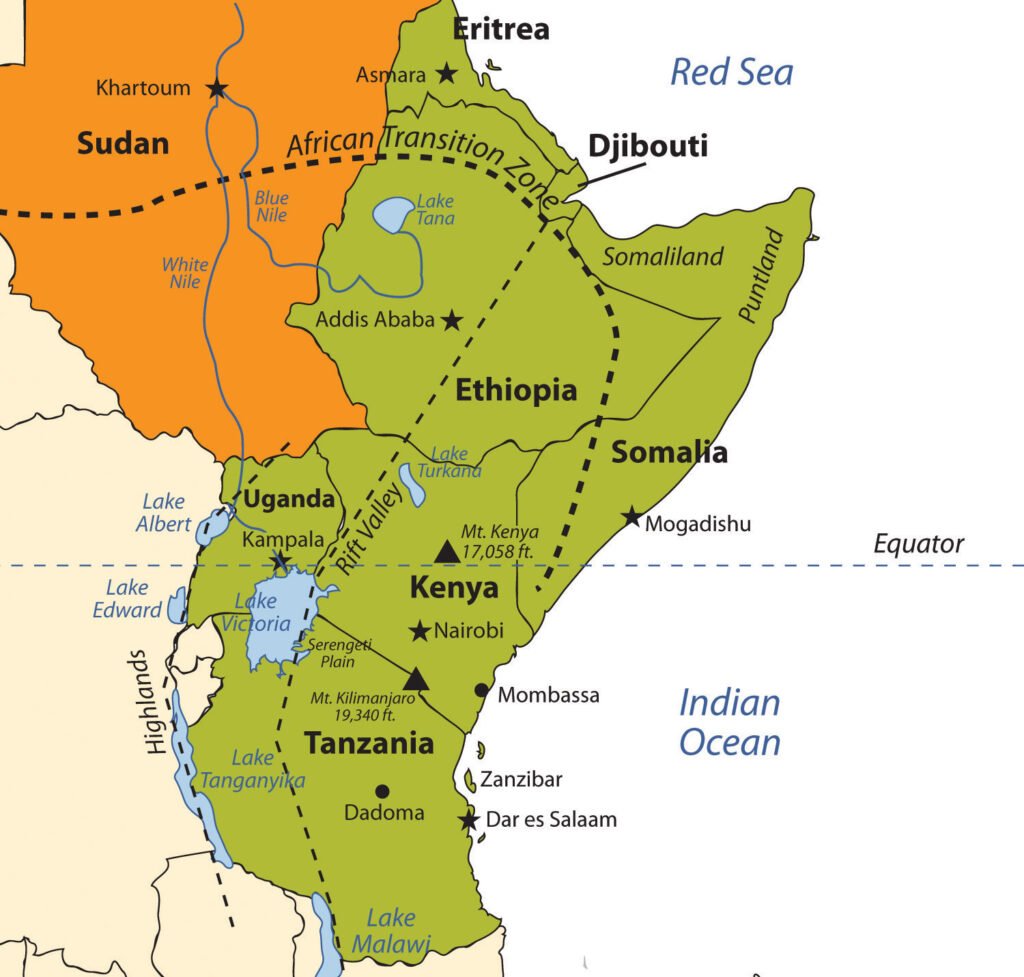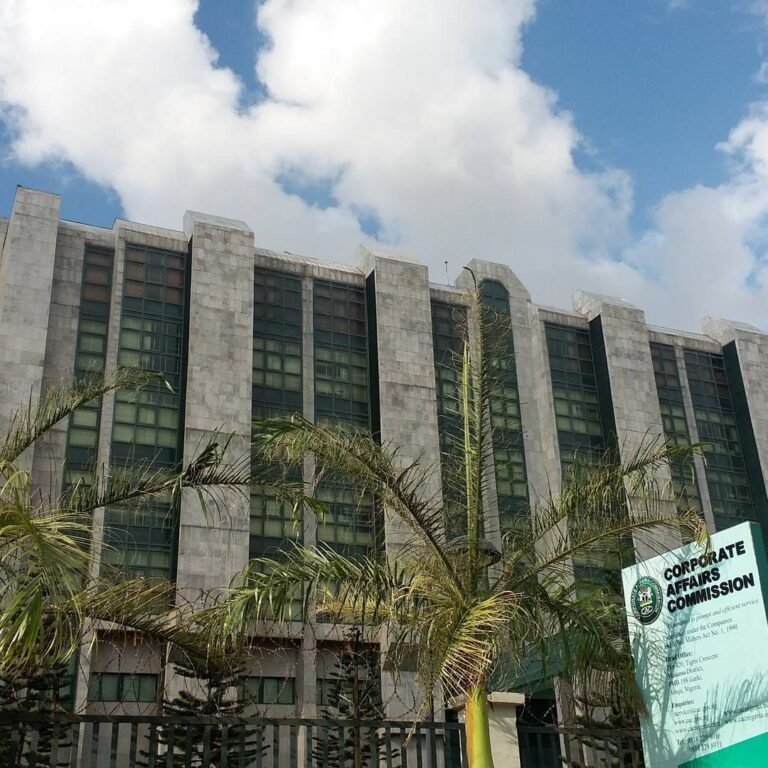Democracy, we are often told, bends inevitably toward greater freedoms and political participation. Yet, the recent wave of abductions, forced disappearances, and repression in East Africa reveals a different reality.
In our latest analysis, Favour Adeboye, a staff writer at The Liberalist, examines the rising trend of enforced disappearances in East Africa and how authoritarian regimes in Uganda, Kenya, and Tanzania are using abductions as a tool to silence dissent and consolidate power.
According to Favour, the erosion of democracy in East Africa has reached a critical point, with activists and opposition leaders being forcibly disappeared, detained without trial, or subjected to politically motivated prosecutions. The colloquial term “Abductistan,” now widely used among citizens, reflects a growing public awareness of these repressive tactics.
Favour discovers that under President Yoweri Museveni, the Ugandan government has been systematically suppressing political opposition since 1986. The recent abduction of Dr. Kizza Besigye in Nairobi—coordinated between Ugandan and Kenyan security forces—demonstrates how political renditions are extending across borders. Uganda’s security forces have also repeatedly targeted opposition leader Bobi Wine, placing him under house arrest and restricting his movement at key political moments.
Kenya, often perceived as more democratic, has also seen a disturbing rise in state-sanctioned abductions. A State of National Security report highlights a 44 percent increase in disappearances between September 2023 and August 2024, with at least 82 activists vanishing after youth-led protests in June 2024. Analysts argue that President William Ruto’s administration is weaponising political violence to intimidate opponents, continuing a pattern seen in cases like the extraordinary rendition of Nigerian separatist leader Nnamdi Kanu in 2021.
In Tanzania, President Samia Suluhu Hassan initially took steps to reverse the repressive policies of her predecessor. However, her government now faces criticism for arresting over 520 opposition figures in the past year and failing to investigate the alleged abduction of exiled activist Maria Tsehai. While Tanzania ranks higher on democracy indices than its neighbours, these developments suggest a return to authoritarian tendencies as elections approach.
Favour’s analysis reveals the unchecked rise of political abductions in East Africa is a human rights crisis, just as it is a direct threat to regional stability. “When more countries become autocratic and repressive, treaties and alliances crumble, and entire regions become unstable,” warns Freedom House in its latest Democracy in Crisis report.
Read the full essay here.














